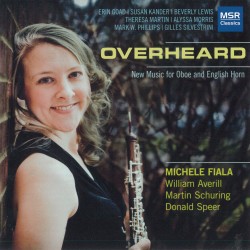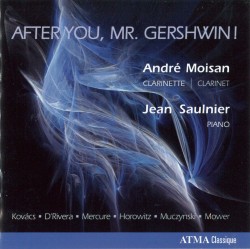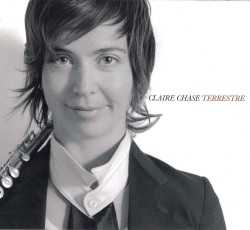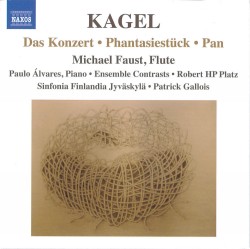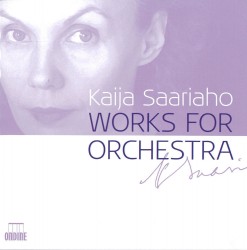Piano Works
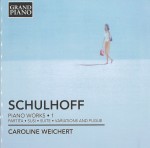
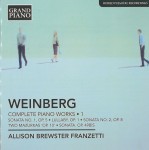 Schulhoff – Piano Works 1
Schulhoff – Piano Works 1
Caroline Weichert
Grand Piano GP604
Weinberg – Complete Piano Works 1
Allison Brewster Franzetti
Grand Piano GP603
Music of Erwin Schulhoff (1894–1942) and Miecyslaw Weinberg (1919–1996) raises consideration of totalitarianism’s effects. Jewish composers escaping the Nazi terror transformed and elevated our western musical world, but what about the ones who looked eastward? New discs enhance our awareness of these wonderful artists. Born in Prague, Erwin Schulhoff developed early as a significant pianist and composer. Attempted emigration to the Soviet Union was overtaken in 1939 by Germany’s occupation of Czechoslovakia and his arrest; he died in a concentration camp. Weinberg grew up between the wars in Poland, barely escaping the Nazi invasion while the rest of his family perished in the Holocaust. He settled successively in Minsk, Tashkent and Moscow in 1943, adapting as best he could to the Soviet regime.
Schulhoff has received considerable attention in recent years; his piano works show a tasteful master integrating musical influences into original and deeply felt works. The affecting Variations and Fugue on an Original Dorian Theme (1913) reveals an already-mature composer commanding compositional forms and devices towards his expressive ends. Carolyn Weichert brilliantly captures the idioms of both modernism and jazz in Partita (1922) where 1920s dances replace Bach-era ones. Transcending clichés of decadent Weimar Germany, the depth and seriousness of its jazz scene during the 1920s and ‘30s are evident; I love the charm, quirky humour, fleeting pensive moments and glimpses beyond the ordinary in the Tango-Rag. Schulhoff’s harmony is never just “bi-tonal” or “wrong-note.” Weichert balances chords and brings out subtle voice-leadings in music evocative of the era and more. The Third Suite for the left hand is a work of pianistic genius. Weichert’s fingers crawl “multi-legged” over the keyboard; as her thumb sings out one of Schulhoff’s exquisite long melodies in the Air, fingers carry on a canonic invention below! After the harmonically-adventurous Improvisazione, she delivers the mixed-metres perpetual-motion Finale with flair but without bombast.
Miecyslaw Weinberg’s major piano works are ably performed by Allison Brewster Franzetti, some in premiere recordings. Weinberg was an excellent pianist whose creative leanings showed in his Lullaby composed at 16, which carries the genre to remarkable heights. Nazi totalitarianism threw him towards the Soviet sphere and he was strongly affected upon hearing Shostakovich’s Symphony No. 5. His First Sonata (1940) retains adventurous musical possibilities: bi-tonal passages, extreme registers, stark and dissonant sonorities. Franzetti’s performance of the magical close of the Andantino is touching, seemingly wandering into the distance before the fearsome Finale emerges. Official pressure against Shostakovich’s experimentalism forced him towards the Symphony No.5’s more “positive” idiom; comparing Weinberg’s Second Sonata (1942) to the first shows similar movement. Harmony is organized around familiar scales, the music lilts and sings. Franzetti builds perfectly towards the slow movement’s climax, and the quiet return of the opening mood is breathtaking. Again in 1948 Stalinism reared up, demanding folk-like themes and simple forms. In the Sonatina (1951) Weinberg incorporated some of these changes; unsatisfied, he revised it in 1978 as Sonata Op.49A. The effects of totalitarianism can be long-lasting.


